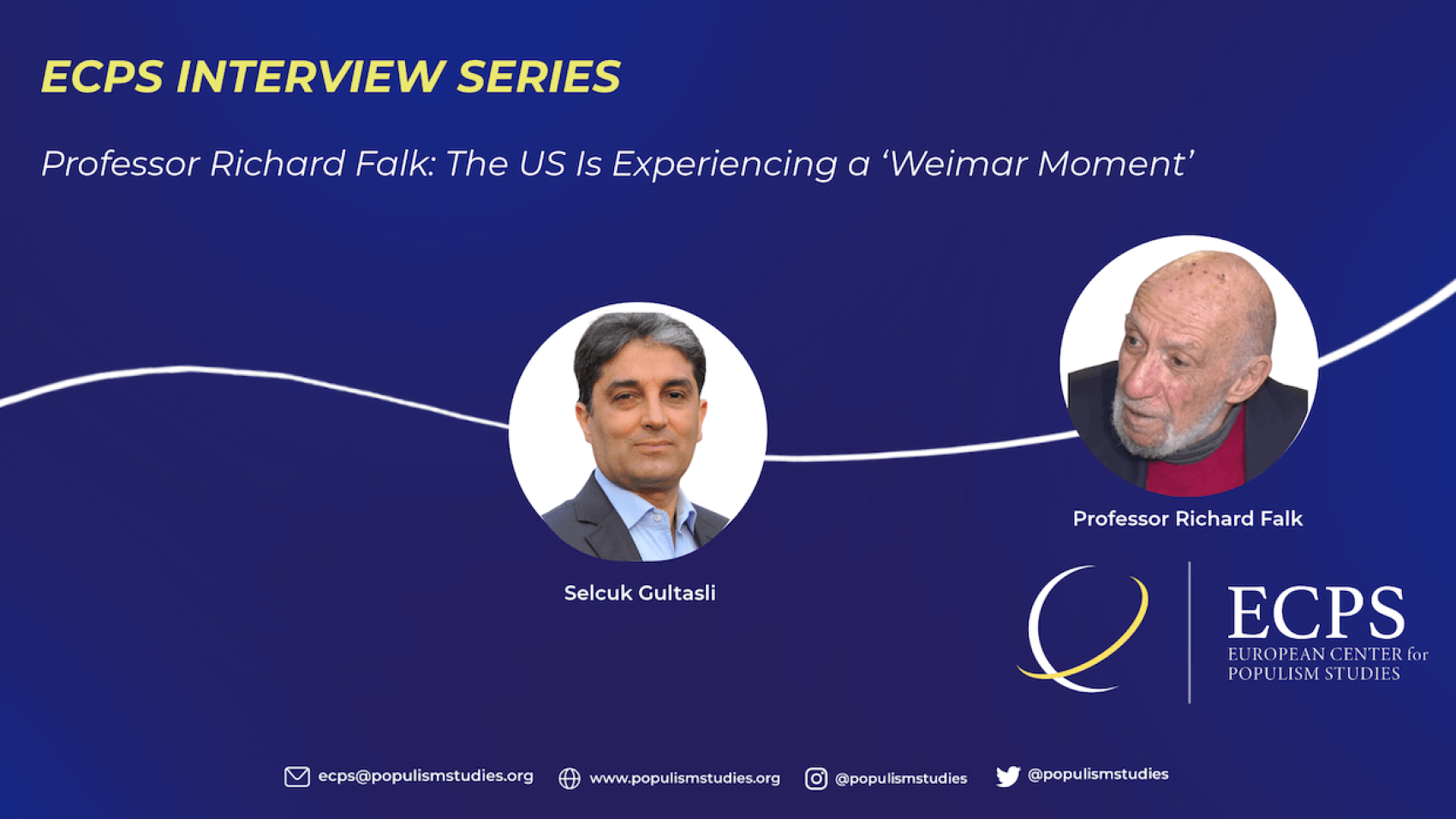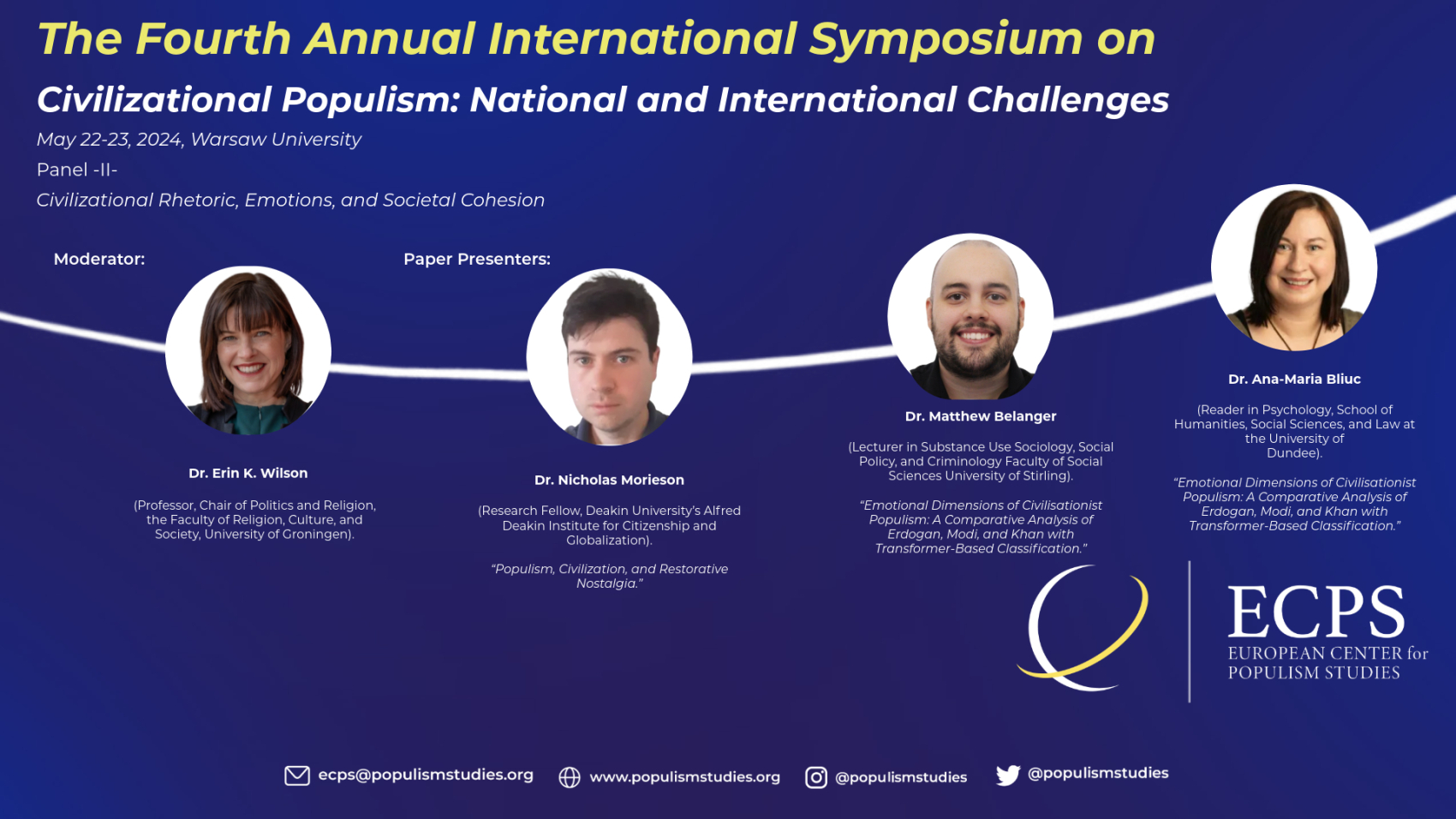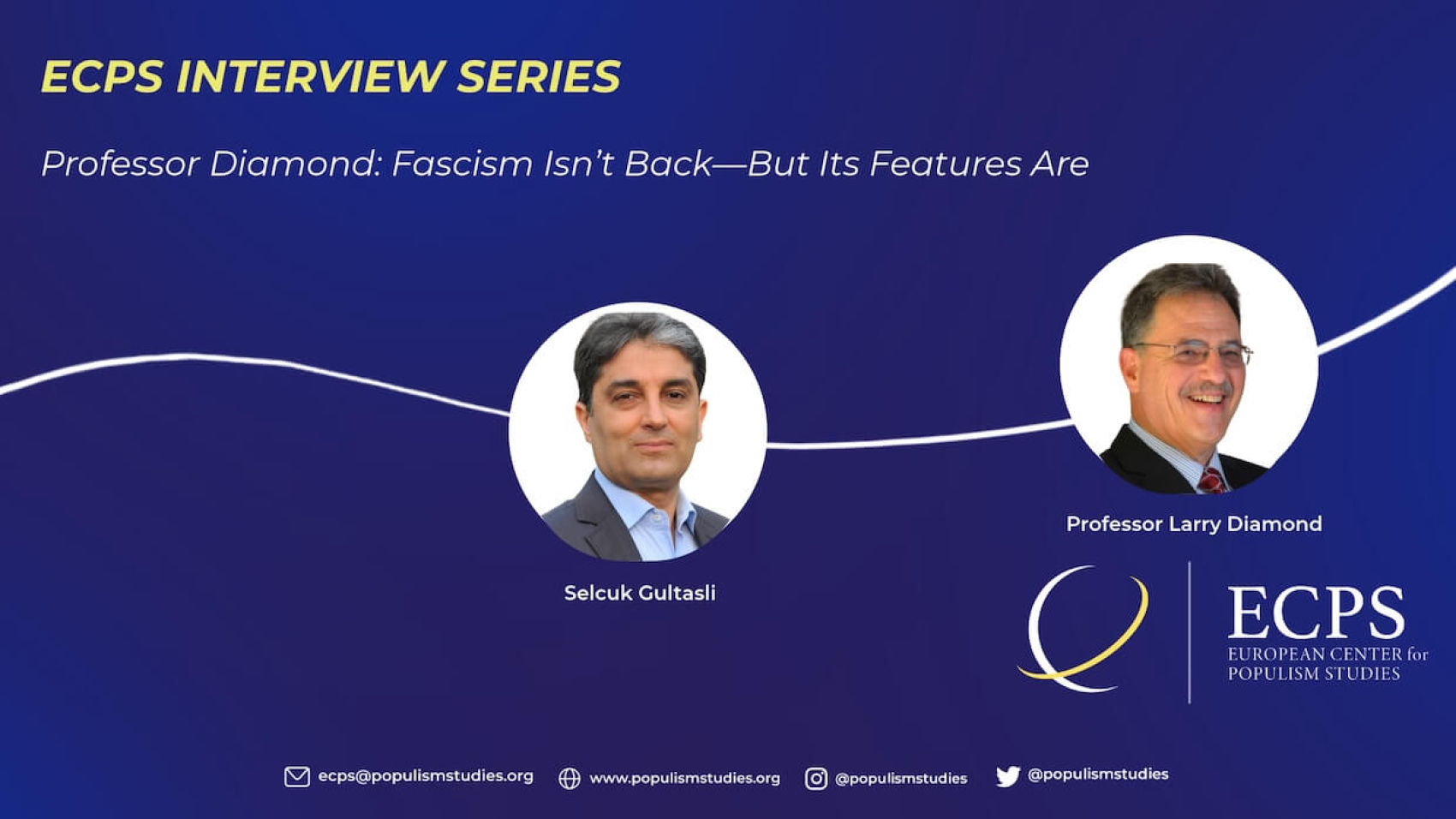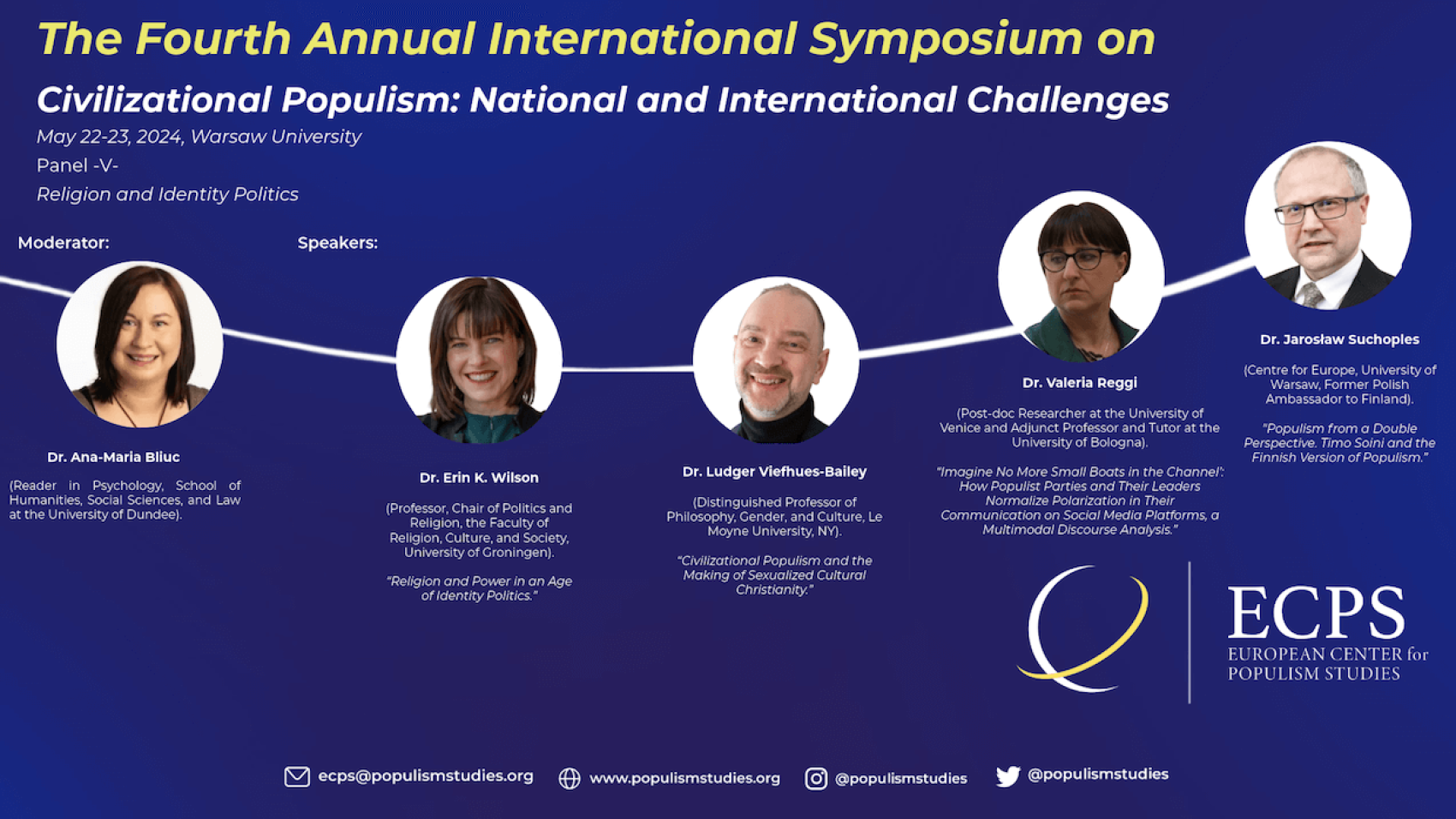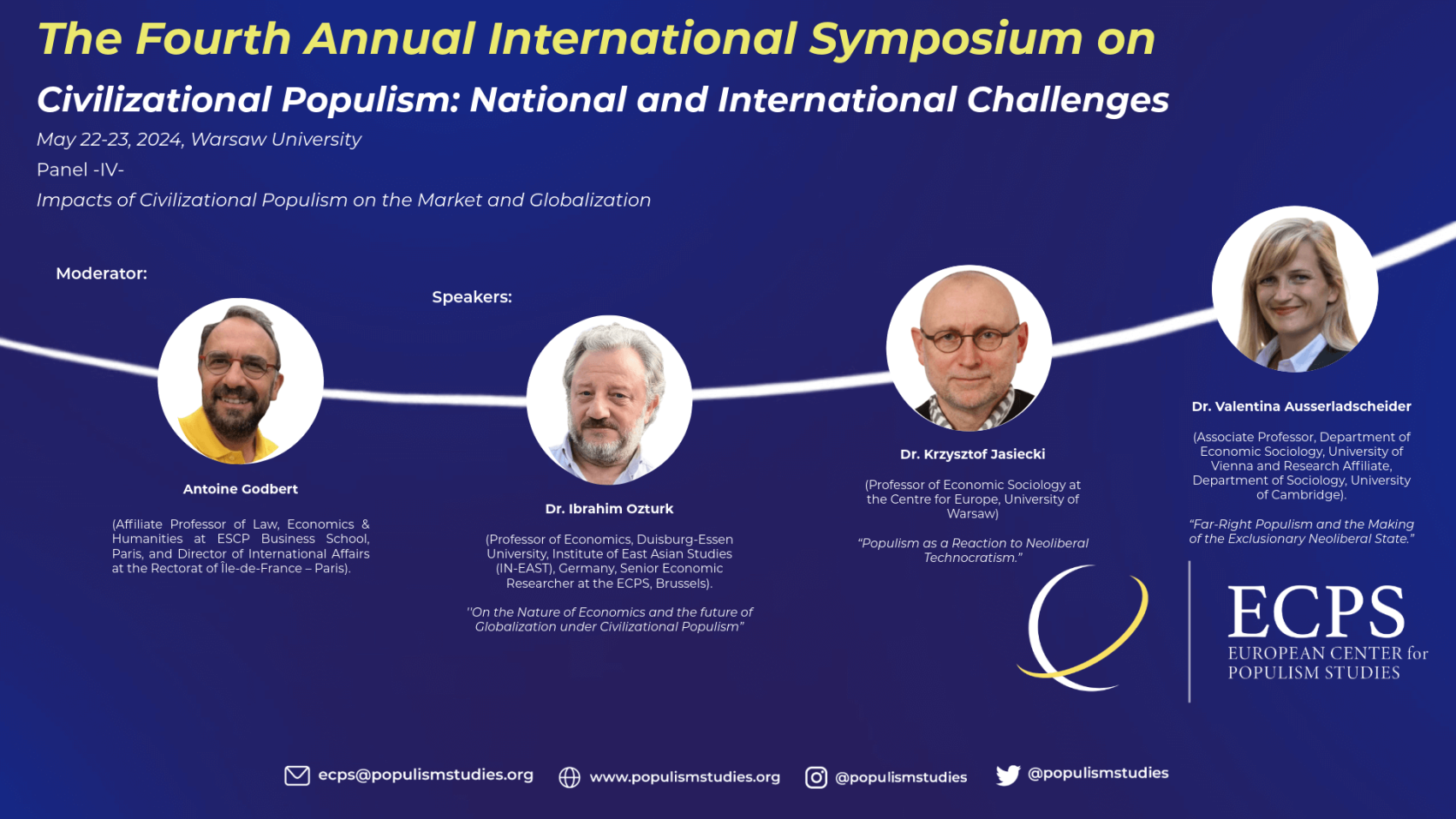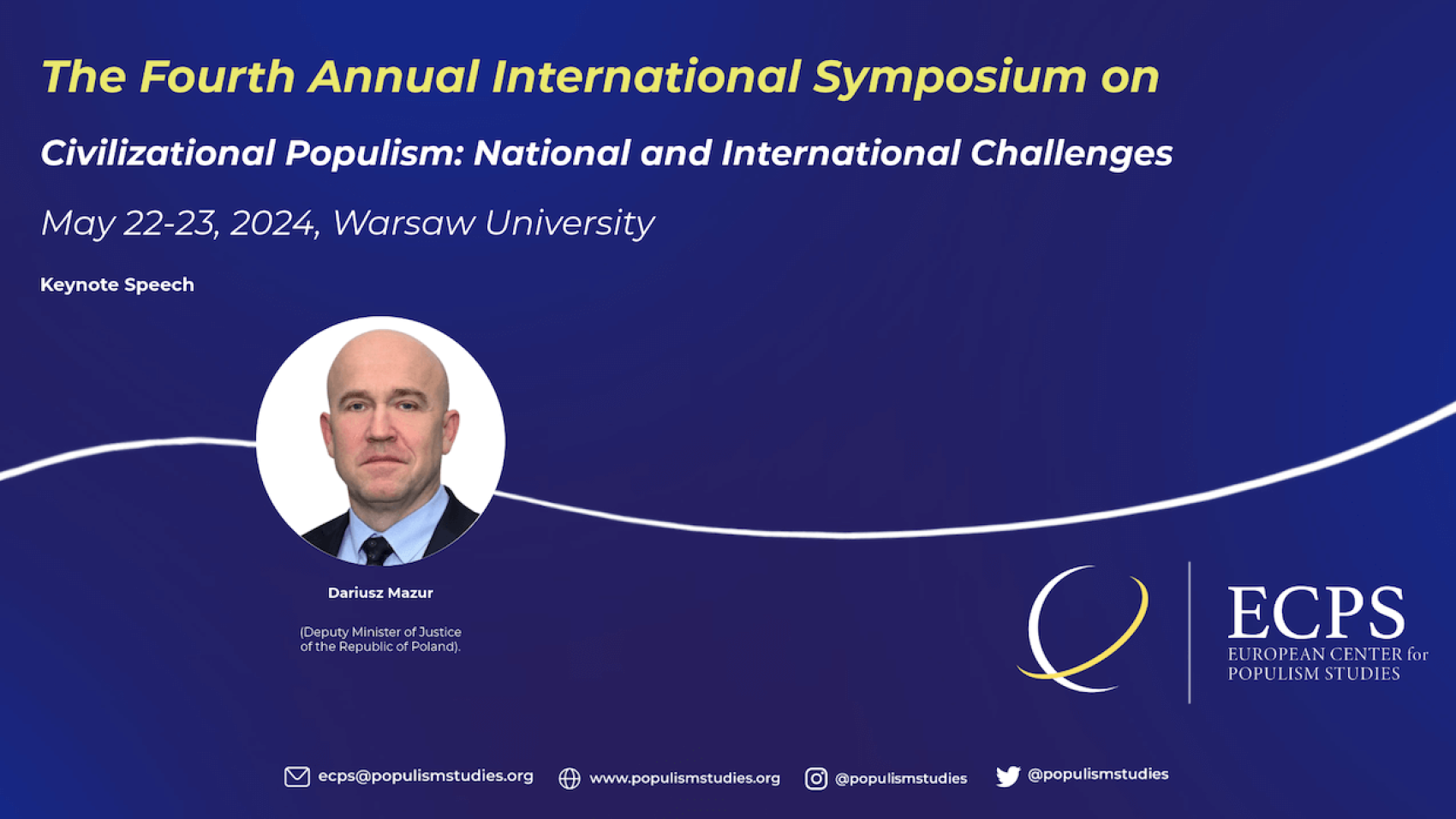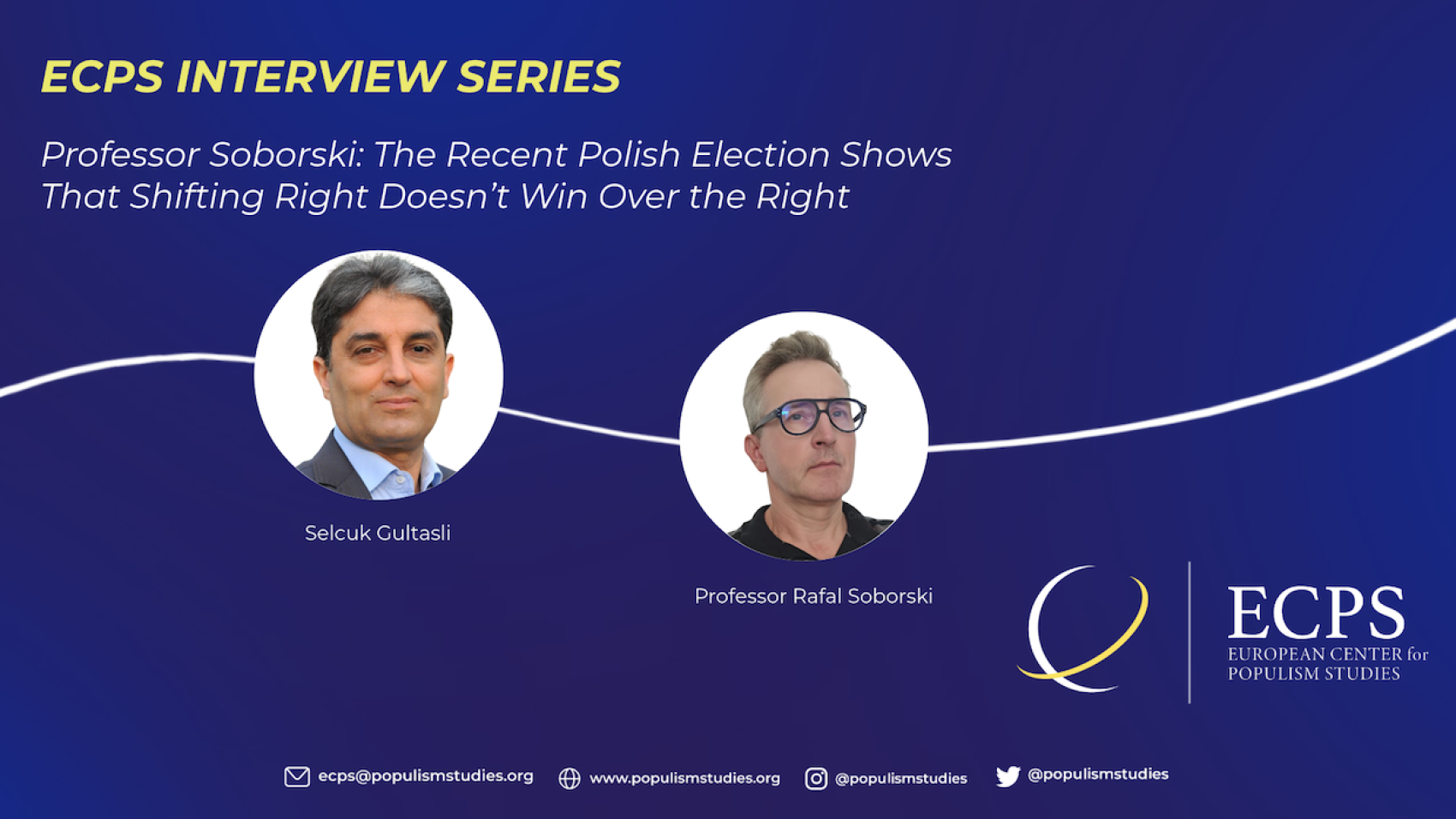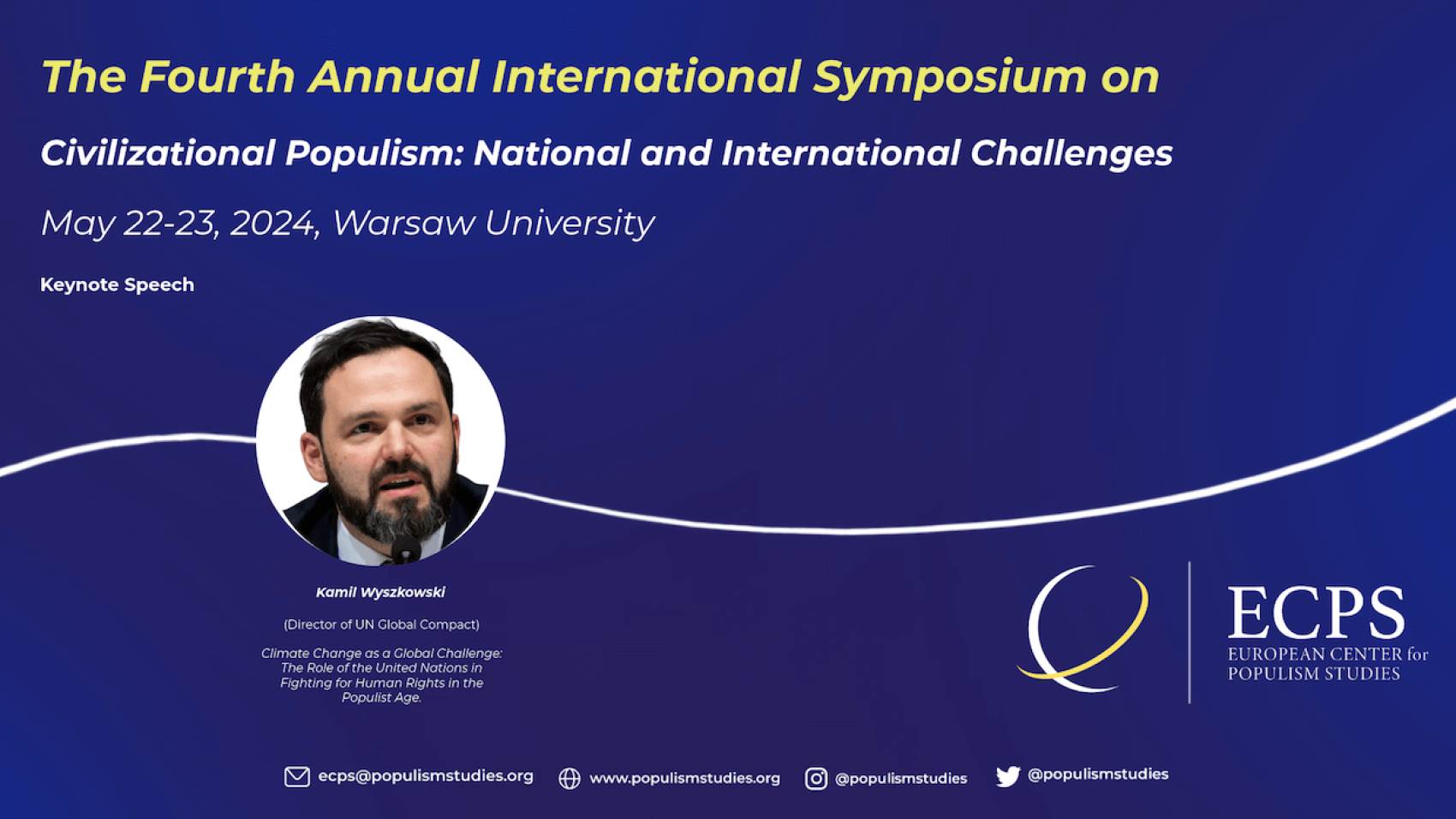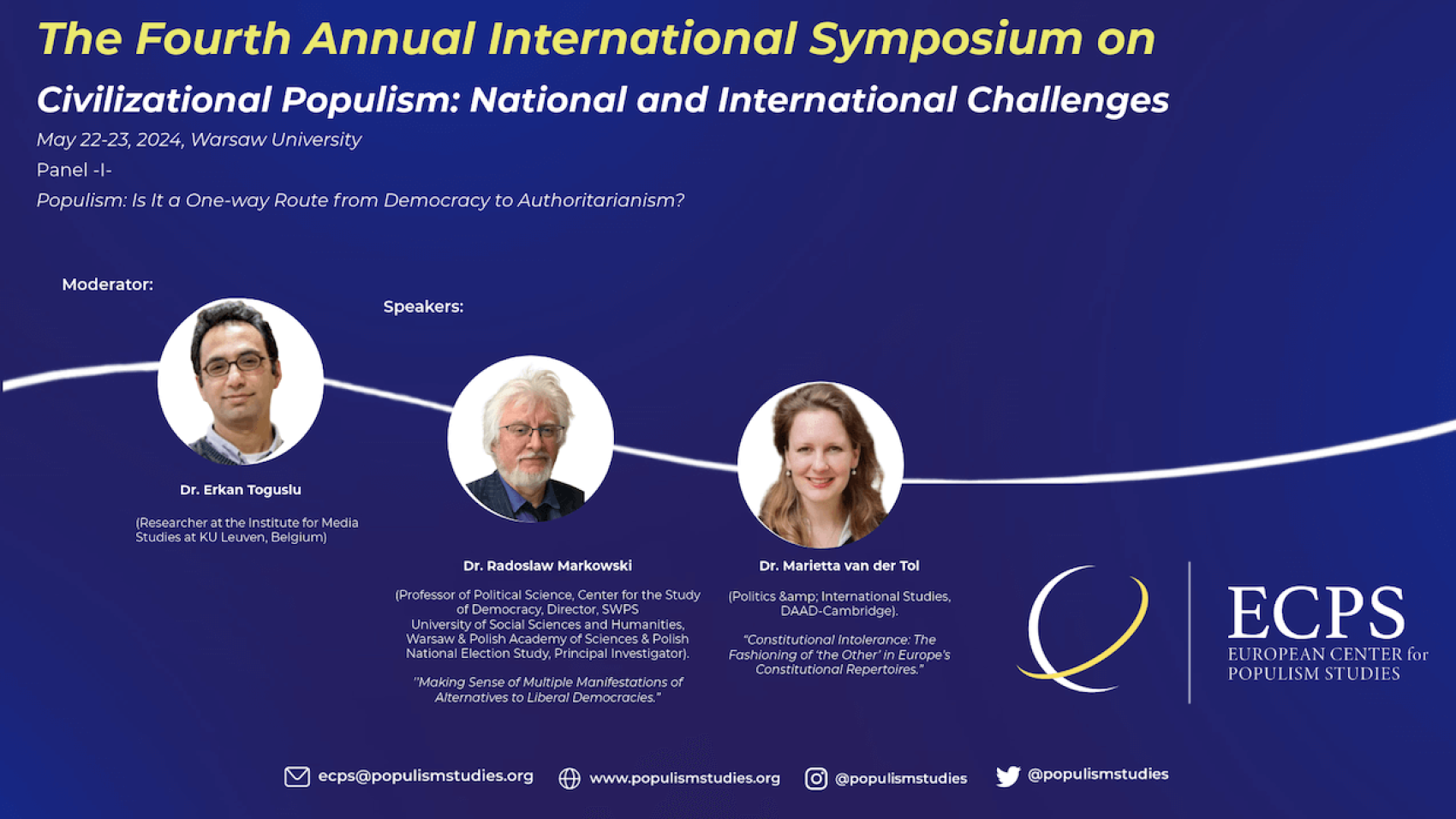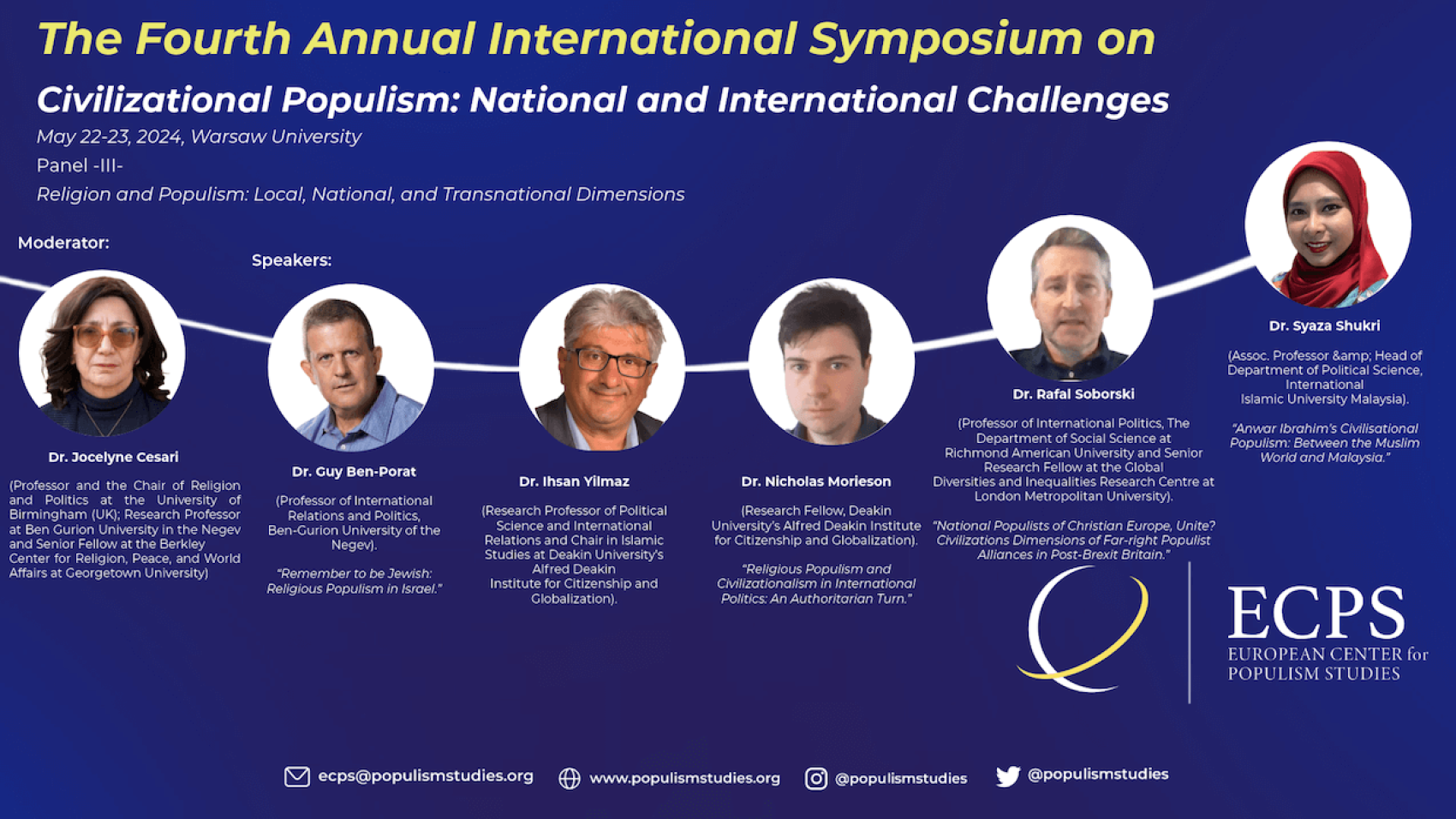In this urgent ECPS interview, Professor Richard Falk warns that the US is facing a “Weimar moment”—a fragile liberal democracy under siege by a resurgent ultra-right. A signatory of the International Declaration Against Fascism, Professor Falk links today’s “techno-fascist enthusiasts” to a global authoritarian drift. He critiques surveillance capitalism, weaponized nationalism, and soft authoritarianism, highlighting leaders like Trump, Modi, Erdoğan, and Netanyahu as drivers of this ideological mutation. Despite this grim trajectory, Professor Falk calls for renewed “normative resistance”—a defiant civic ethics rooted in critical thinking, international law, and solidarity. This interview is a vital reflection on the future of democracy, authoritarianism, and global justice.
Interview by Selcuk Gultasli
In a political climate increasingly marked by creeping authoritarianism, disinformation, and democratic fragility, Dr. Richard Falk, Albert G. Milbank Professor of International Law and Practice, Emeritus at Princeton University, and former UN Special Rapporteur on Palestinian human rights, offers a powerful and sobering warning: the United States, he says, is currently undergoing a “Weimar moment.” This, he explains, refers to “a democratic superstructure and a liberal opposition, but one that is weak and unable to really mount effective resistance to a rising, ultra-right political formation.” Drawing on history and contemporary global trends, Professor Falk suggests we are witnessing not merely a democratic crisis, but the possible prelude to a systemic authoritarian transformation.
This interview with the European Center for Populism Studies (ECPS) comes in the wake of the “International Declaration Against Fascism,” published on June 13, 2025. Professor Falk was one of the signatories, alongside Nobel laureates, public intellectuals, and leading scholars of democracy and authoritarianism. Echoing the spirit of the 1925 Anti-Fascist Intellectuals’ Manifesto, the declaration warns that “the threat of fascism is back—and so we must summon that courage and defy it again.” It urges citizens worldwide to resist not only overt autocracy, but also the instrumentalization of law, culture, media, and technology in the service of “techno-fascist enthusiasts.”
In our interview, Professor Falk elaborates on how the architecture of 21st-century power—surveillance capitalism, digital disinformation, populist polarization—is reshaping classical authoritarian strategies. While differing in structure and aesthetic from 20th-century fascism, he argues today’s movements share its core ambitions: the monopolization of political space, the stigmatization of dissent, and the erosion of checks and balances under charismatic strongmen. He points to figures like Trump, Modi, Erdoğan, and Netanyahu as examples of a new ideological formation—what he elsewhere calls a “mutation of soft authoritarianism” that weaponizes nationalism, racialized resentment, and neoliberal precarity.
Yet Professor Falk is not entirely pessimistic. He highlights the enduring relevance of “normative resistance”—a civic and intellectual defiance rooted in critical inquiry, public ethics, and transnational solidarity. In an age of disinformation and partisan moralism, he calls for a recommitment to truth, international law, and the unfinished democratic project, warning that the erosion of global governance and international legal norms risks a regression “to an era of colonialism, suffering, and destruction.”

